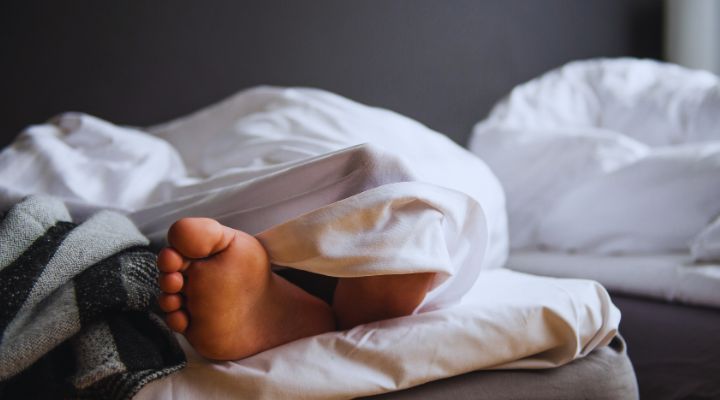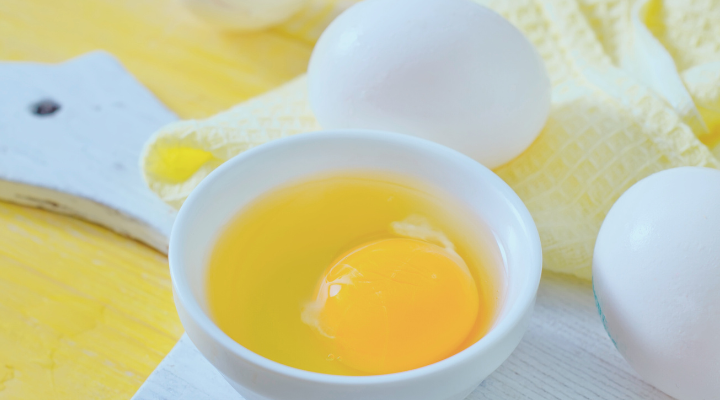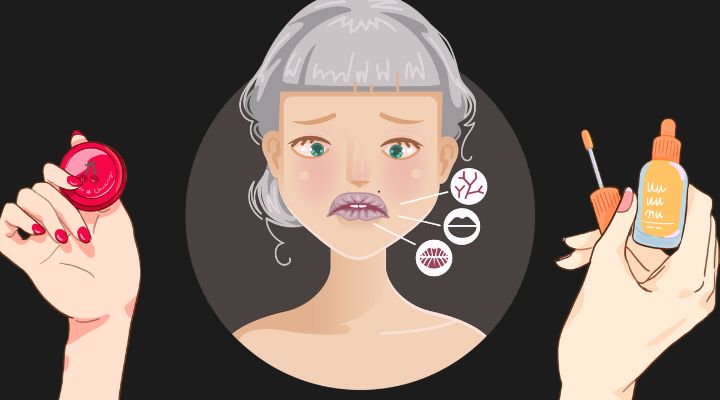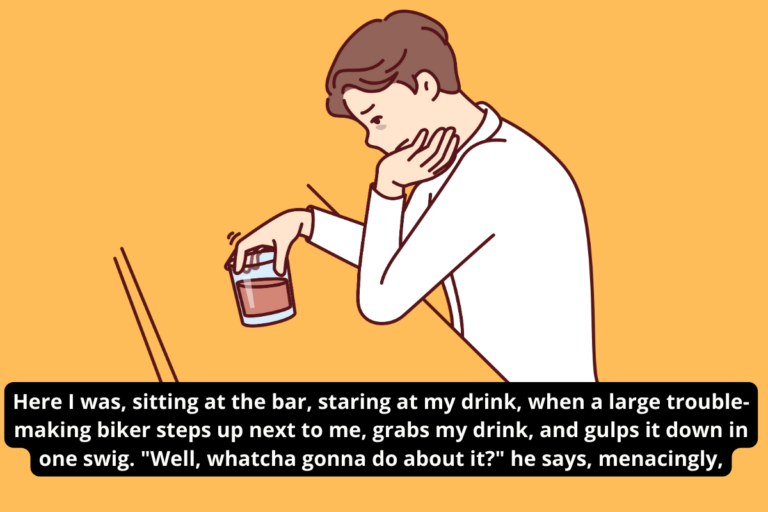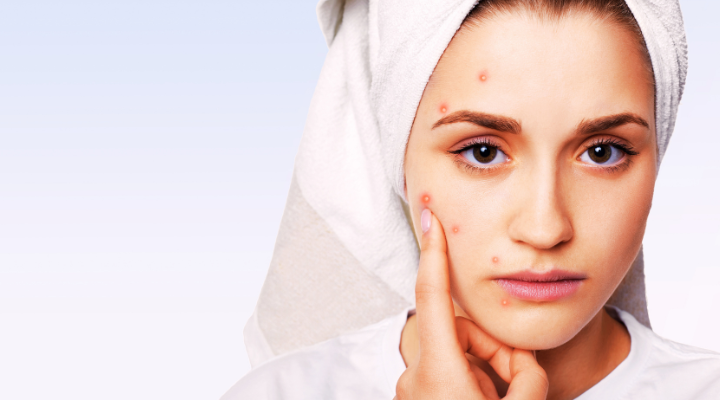The Impact of Sleep Environment
Your sleep environment plays a significant role in whether or not you extend your foot out of the bed. Factors such as room temperature, bedding material, and overall comfort level can all influence this behavior.
- Room Temperature: Ideally, the room temperature should be cool, between 60 to 67 degrees Fahrenheit (15.6 to 19.4 degrees Celsius). If the room is too warm, you are more likely to extend your foot out of the bed to cool down. Conversely, in a cooler room, you may keep your feet under the covers to retain heat.
- Bedding Material: The type of bedding you use can also affect your tendency to stretch out a foot. Heavy or insulated blankets may trap more heat, making you more likely to seek relief by exposing a foot. Lightweight or breathable materials can help maintain a more consistent body temperature, reducing the need to uncover your foot.
- Mattress Comfort: A comfortable mattress that supports your body can reduce the need to adjust your position frequently. However, if your mattress causes pressure points or discomfort, you may extend your foot or shift your position more often in an attempt to find relief.
Sleep Disorders and Foot Exposure
For some individuals, extending a foot out of the bed may be related to underlying sleep disorders or conditions that affect temperature regulation. For example, people with Restless Leg Syndrome (RLS) often experience an irresistible urge to move their legs, particularly at night. Exposing the foot to cooler air may temporarily alleviate these sensations, providing a brief period of relief.
Similarly, individuals with hyperhidrosis (excessive sweating) may extend a foot out of the bed as a way to cool down and reduce sweating during the night. In these cases, managing the symptoms of the underlying condition can help reduce the frequency of this behavior.

